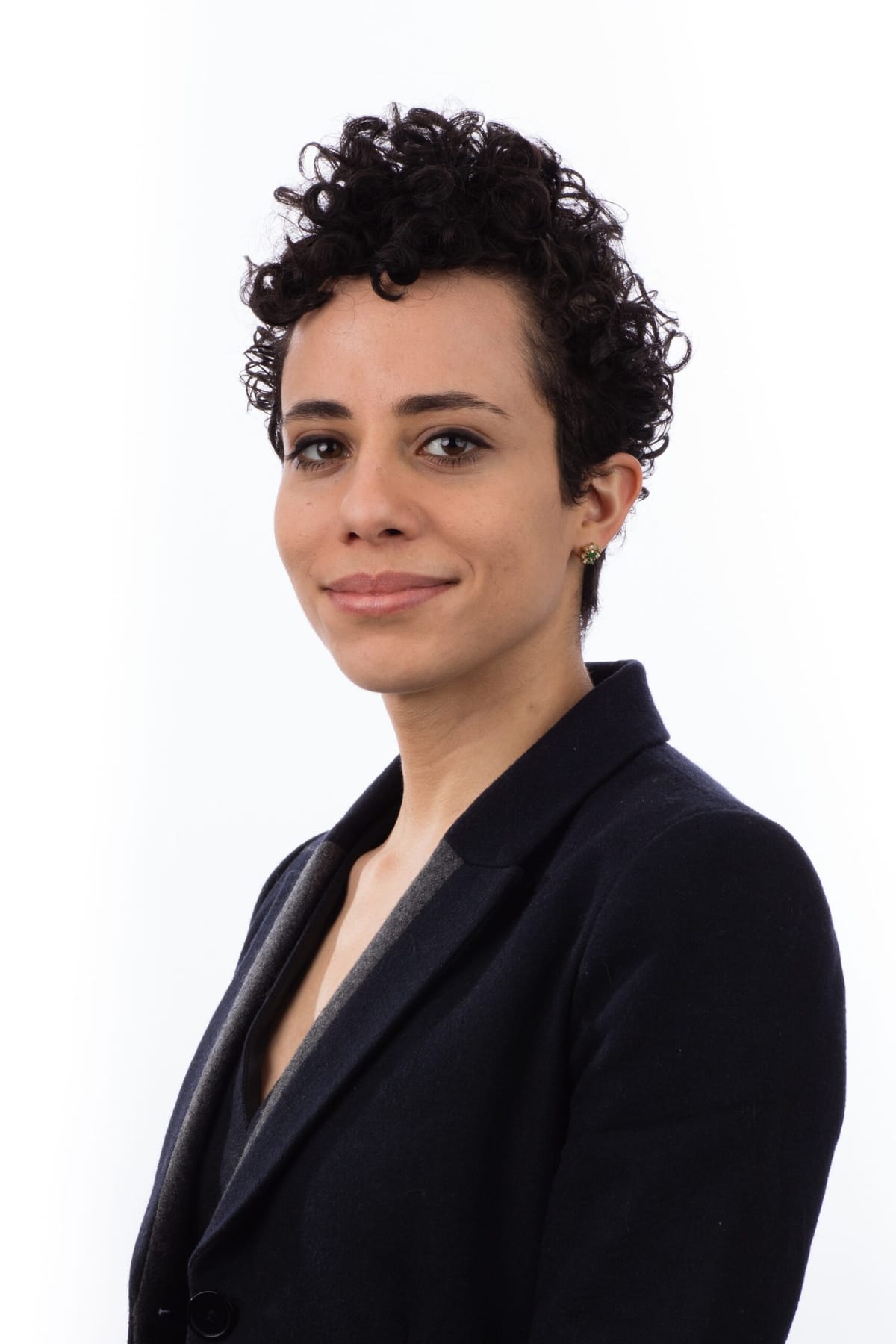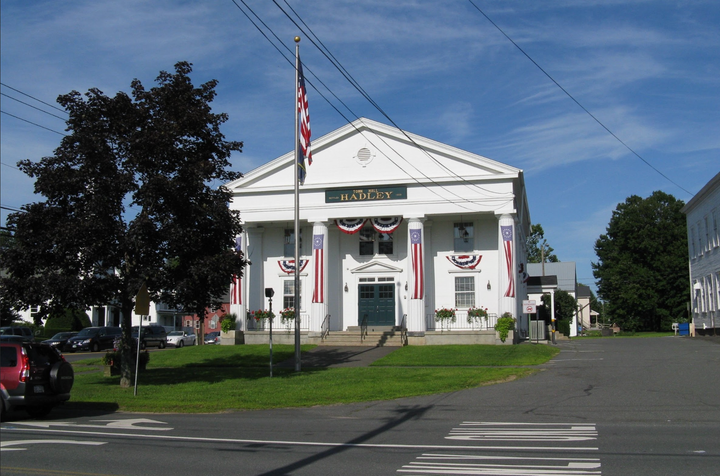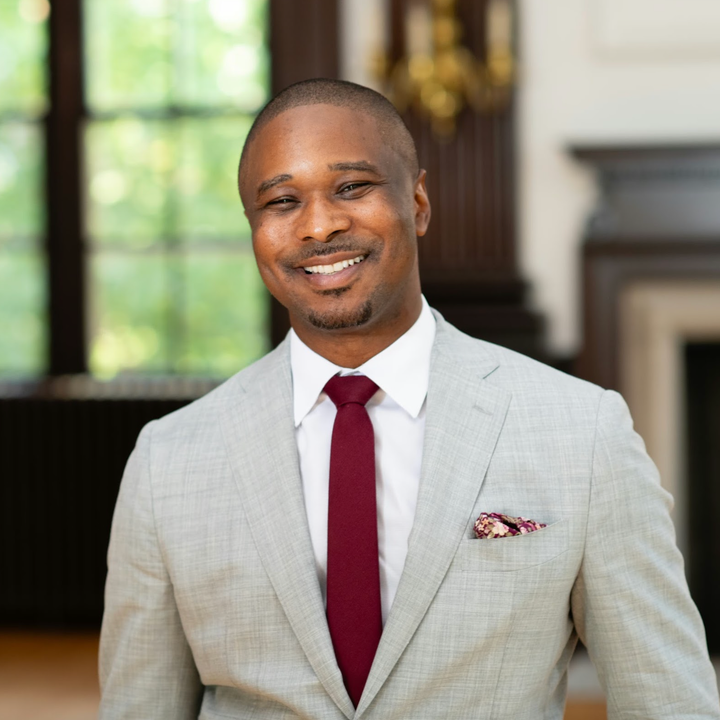Fresh Faculty: Mona Oraby

Mona Oraby is a visiting professor of law, jurisprudence and social thought. She received her doctorate in political science from Northwestern University.
Q: How would you describe your area of research? A: I would describe it by saying that I work broadly on comparative law and religion, law and society. I also work on colonial and postcolonial legal regimes. One example of that is how modern states regulate social difference broadly. I happen to be most interested, in this stage of my research, on the regulation of religious difference.
Q: Can you describe the courses that you are teaching this semester? A: They are two very different courses. One is titled Civility. That one takes a very, very broad approach to thinking of how so-called contemporary crises of civility in fact reflect ongoing anxiety about the kind of diversity that a democracy can sustain. We first started by thinking broadly and theoretically about what constitutes civility and how notions of the civil have changed in the U.S. society and politics. Then we looked at a number of First Amendment cases decided by the U.S. Supreme Court. After midterms, we looked at how the question of civility comes into play in popular culture controversies. The second course is titled Islamic Constitutionalism, and that one turns the assumption of Islam’s alleged incompatibility with rule of law on its head to think about the ways that the primary sources of the Sharia have been codified in various jurisdictions around the world and, most importantly, the types of dilemmas that emerge in states that have hybrid legal regimes.
Q: What courses are you planning for next semester? A: In Fall 2018, I’m teaching Law and Disorder and Sectarian Modernity. These are two courses I taught this past fall that I’m really excited to teach again, as I learned a lot from the students, and in both cases, I also think the students found the conversations productive. Law and Disorder takes a global approach to law and society to think about how, wherever there is law, order and disorder are strange bedfellows, we might say. We look at this relationship between order and disorder wherever there is law through, we might call them, six case studies: through the figure of the convert and the issue of conversion, the figure of the revolutionary and the idea of revolution, the figure of the terrorist and the issue of war. The second course is Sectarian Modernity, and that one engages the idea that sectarianism is primordial, that it is unique to particular countries in the world, that it predates the modern period and flips that assumption on its head to consider how, in fact, sectarian governance is an effect of the modern state. That one is also exciting because we engage many questions around the emergence of sectarianism in Syria, Lebanon, Iraq — first from the perspective of graphic memoirs, so comic books, historiographic literature and also film.
Q: Are you working on any articles for publication? A: Yes, so I am trying to wrap up two articles, one with Law and Society Review and another one with The Journal of the American Academy of Religion. These are two big articles for me coming out of my book project. I’m excited for the summer so that I will be able to focus more squarely on the book project.
Q: What ideas are you tackling with your book? A: The book largely concerns the regulation of religious difference in contemporary Egypt. It gets at that issue by considering the right to change religion or belief. What I find is, even as scholars associate, or often describe, the Egyptian context through the lens of Christian-Muslim relations, that this dichotomy emerged through bureaucratic demographic techniques dating only to the 20th century. Of course, religious difference in Egypt predates those techniques, those logics. I am interested in how as the Egyptian state modernized its civil data collection mechanisms, boundaries between communities became more rigid and how even as the state developed laws and mechanisms to enable mobility between communities, that those innovations led to protracted legal disputes. I study both administrative jurisprudence, so how the right to change religion and belief is decided in administrative courts, and also how ordinary Egyptians interact with state institutions like the bureaucracy to procure records and I am interested in why ordinary individuals retain a fidelity to law even as it exacerbates their social dilemmas.
Q: What made you decide to enter into academia? A: I remember in college being very interested in how discussion over women’s rights in the Middle East was circulating in U.S. academia and in popular discourse more broadly, and I felt that there was something about my own experience growing up that I could add to the conversation. I spent most of my childhood abroad in Saudi Arabia, but also navigating various social groups and networks. My family lived on an American compound in Saudi Arabia. We flew often throughout the Middle East. We came to the U.S. quite often as well. My interest in academia came from both considering what the debates on the Middle East were at the time that I was going through college and considering graduate school, but also being deeply affected by teachers over the course of my life. I think I have been immensely lucky to have teachers throughout elementary, middle and high school and college who took an interest in me.
Q: What made you decide to come to Amherst? A: I can tell you that at the end of my interview last spring I was absolutely impressed by the student committee. The students, in asking me the questions that they asked me, were the deciding factor. I left that interview thinking, “I want to teach these students and learn from them.”
Q: What has been your favorite aspect of Amherst so far? A: There are so many things that I love about this place, but I can tell you that I absolutely love how warm and welcoming the faculty across the college have been. It’s so easy to initiate a conversation with anyone. I also love the sense of community that this place holds onto. It’s quite deeply a part of what makes Amherst, Amherst.
Q: What do you enjoy doing in your spare time? A: There’s not very much spare time but there’s a way that I worked in things that I love into the time that I don’t have. I love the outdoors. I love to climb. I’m usually always training for a marathon. I love to cycle. I’ve tried to do as much of that as possible in the winter months, but I’m super excited for spring.




Comments ()